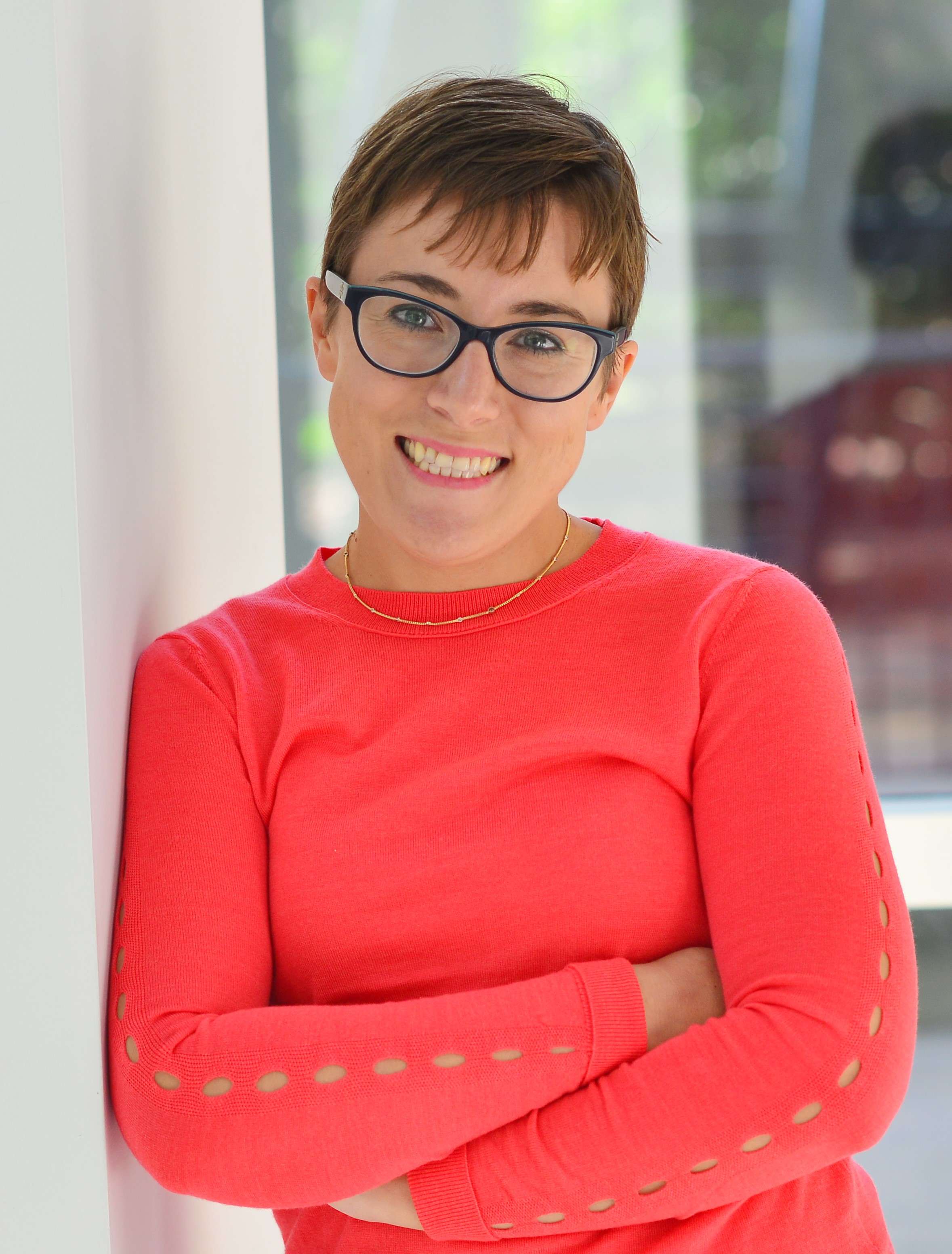
Bensi, Michelle (Shelby)
Associate Professor
Center for Risk and Reliability
OFFICE HOURS (Fall 2025)
- Monday, 9-10am
- Wednesday, 11am-12pm
- By appointment
EDUCATION
- Ph.D., University of California, Berkeley
- M.A.Sc., University of Delaware
- B.A., University of Toledo
- Probabilistic assessment of natural and human-induced hazards
- Probabilistic risk assessment and risk-informed applications
- Risk assessment of infrastructure systems
- Structural reliability and systems modeling
- Application of machine learning to civil engineering problems
- Bayesian networks and other applications of Bayesian methods
- Probabilistic risk assessment for nuclear power facilities and other infrastructure
ENCE 302: Probability and Statistics for Civil and Environmental Engineers
Statistics is the science of data. Civil Engineers must often make decisions based on incomplete, variable or uncertain information. In addition, modern methods of design and analysis need to account for variability in natural, engineered and human systems. After successful completion of this class, a student should have facility and familiarity with established basic techniques for managing data, modeling variability and uncertainty, communicating about data and decisions, and supporting or defending a decision or judgment based on uncertain or incomplete data.
ENCE 633/433: Assessment of Natural Hazards for Engineering Applications
Ensuring the resilience of infrastructure and other engineered systems requires an assessment of the natural hazards to which the systems are exposed. Probabilistic natural hazard assessment evaluates how likely a location is to experience hazard events (e.g., hurricanes or earthquakes) and how likely those events are to cause various impacts (e.g., large surges, intense rainfall, high winds, or ground shaking). This course will review the basic science of natural hazards and provide the foundational concepts of probability and statistics required for developing models to assess the frequency and severity of natural hazards. This course will present methodologies for assessment of multiple types of natural hazards (e.g., seismic, precipitation, riverine, coastal, and wind hazards).